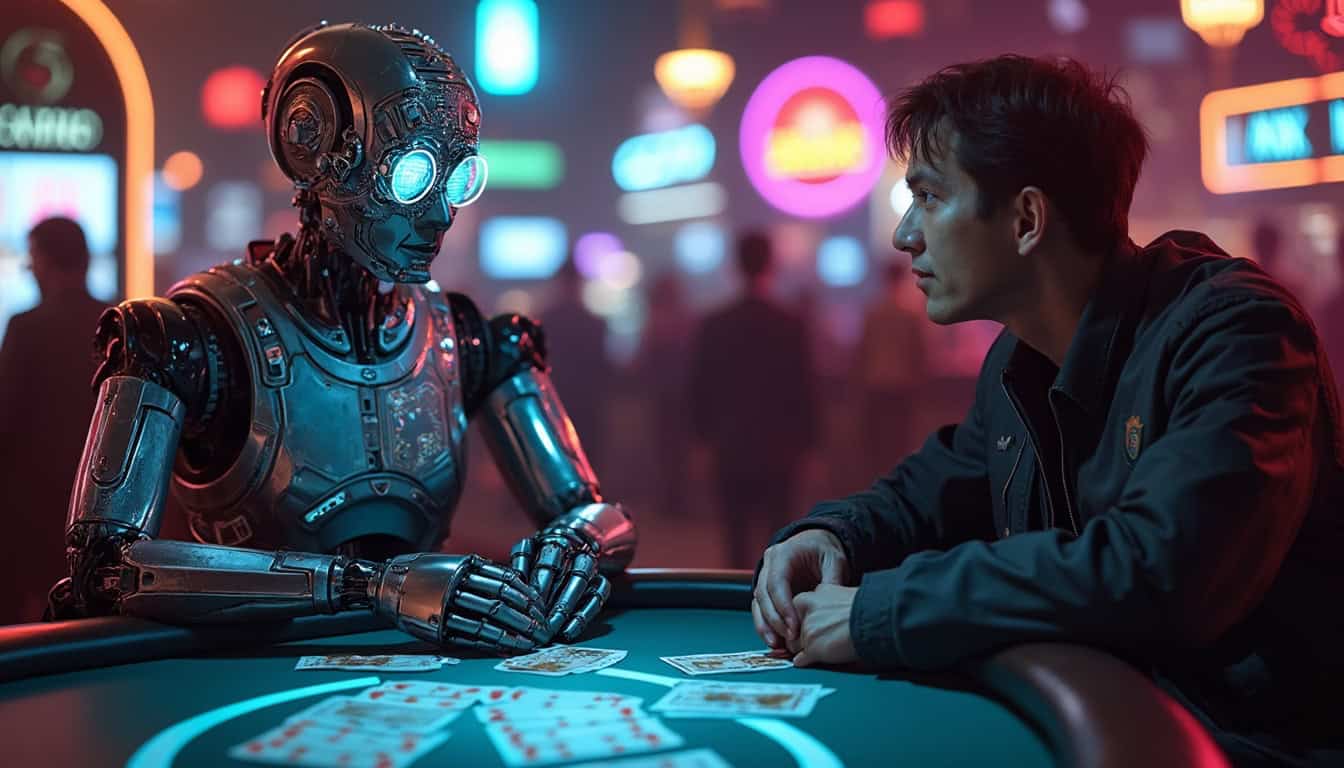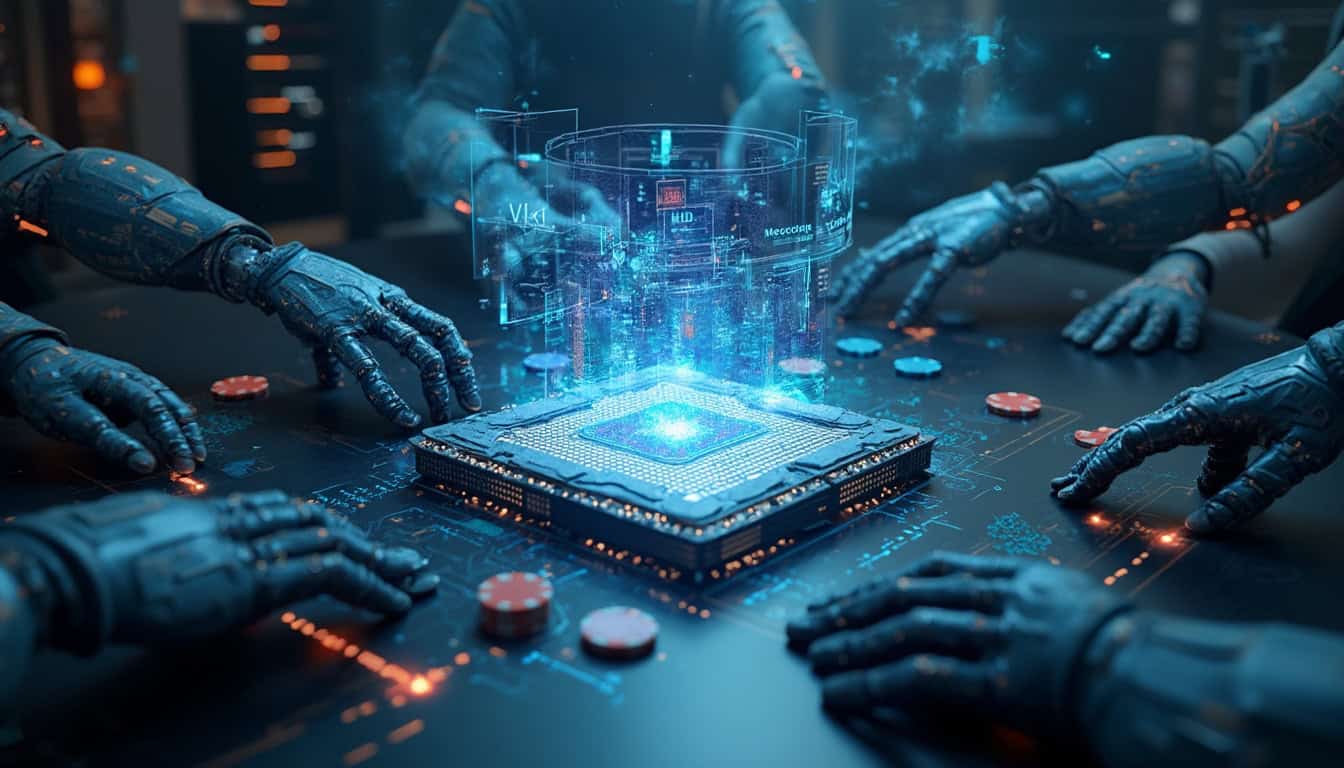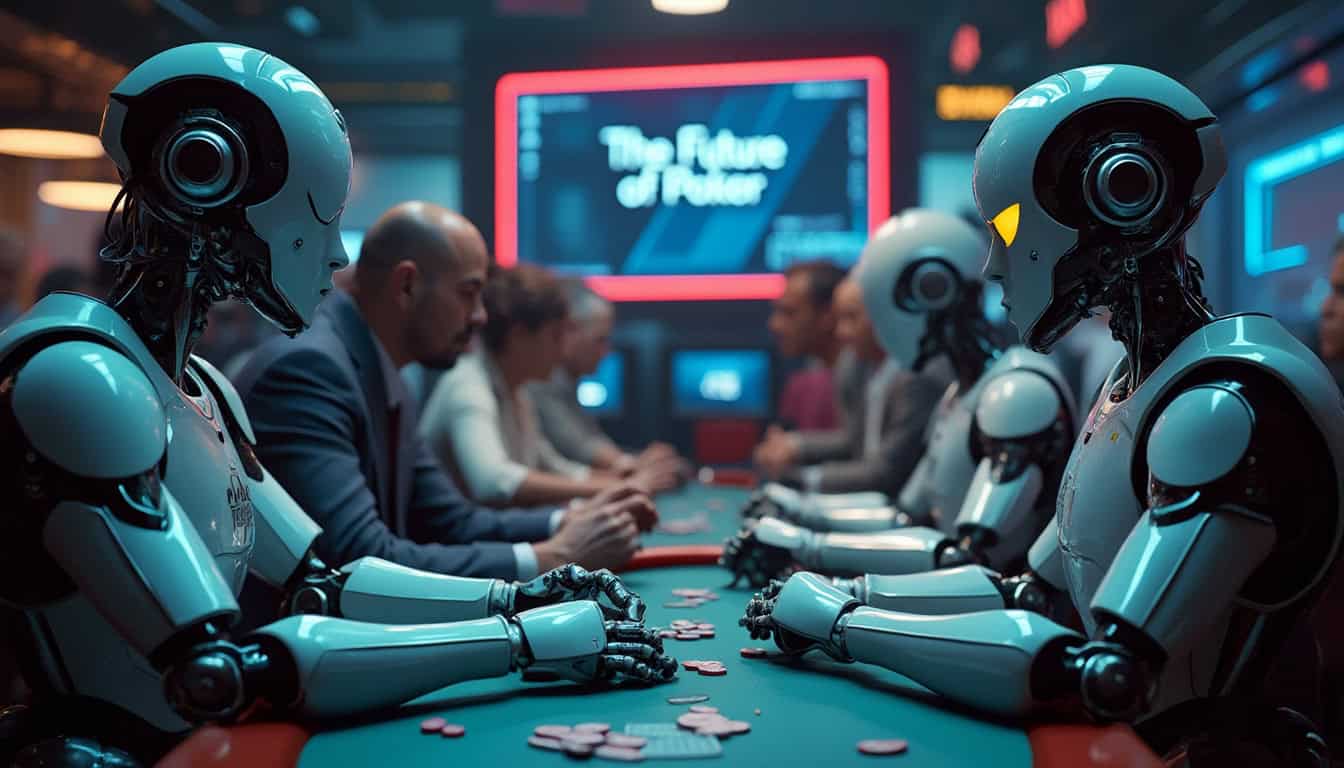
The Poker Bot Revolution: How AI Changes the Face of Poker
It was in 2024 that this game had been radically changed because of the revolution in poker AI development that most had never imagined earlier. What had always been under complete control of human psychology and gut instinct, nature made poker undergo rebranding: from machines capable of calculating to machines capable of adapting or even bluffing—with unnerving precision. Nowadays, a new generation of poker bots is outsmarting both amateur players and seasoned pros alike.
The most recent addition to this software is Counterfactual Regret Minimization and deep reinforcement learning in poker AI, notably through one called Pluribus, which learned to outplay human champions at complex, multiplayer, no-limit Texas Hold’em. They’re playing very human-like and dreaming up strategies that no human has really dreamt of, increasing the ante on game theory in the research sphere of poker AI.
How Algorithms Outthink Humans: The Mechanics of Poker AI
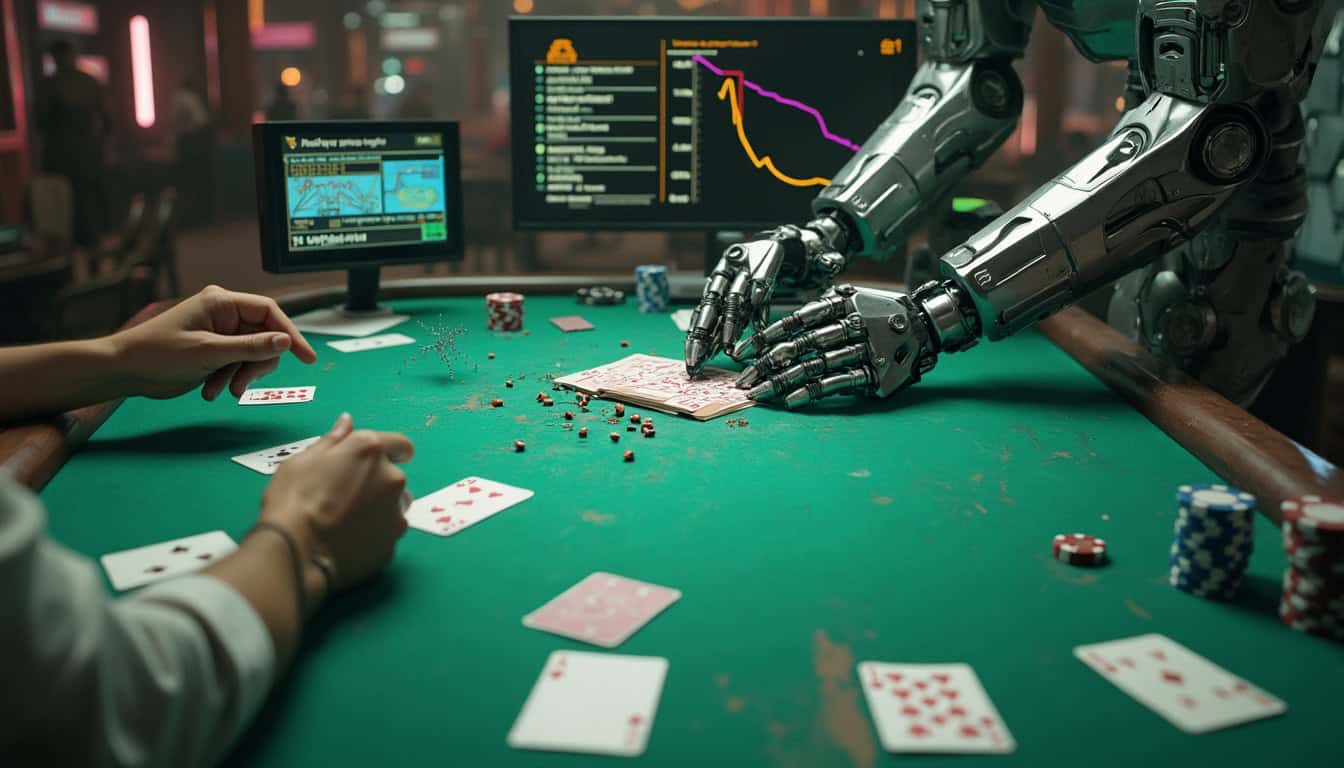
By enabling two of the most important features in the art of playing, AI will play poker: making decisions under conditions of uncertainty and mastering bluff. Conventional strategies in playing poker have revolved around reading human emotion and pattern until now, since poker AI algorithms overturned that table by pinning their bets on data rather than intuition. Methods like CFR force-feed poker bots with methods to minimize regrets over an optimal decision through thousands of simulations of games.
More importantly, the neural networks of today’s AIs are designed to recognize patterns across large data sets. Most importantly of all, the furthest that the most avant-garde of platforms have gone—out of places like Carnegie Mellon and even Facebook—employs multi-agent learning in making this AI adapt in real time to a large multitude of opponents.
While previously these tools had been primarily confined to academic labs, now they increasingly reshape poker strategy on all lines of play. With the increasing use of Poker AI tools, advanced strategies that are impossible for any human to reach have been developed.
Less Obvious: AI Impact on Other Industries
Curiously, applications for poker range much further than AI and casino tables. An intuitive ability to decide when information is incomplete-a trait so intuitive in poker-finds its echoes in areas like finance, where strategies from poker AI development are being applied to manage risks in trading algorithms. Even in diplomacy and cybersecurity, there has lately been an interest in how machine learning in poker can predict and outmaneuver its adversaries, with implications befitting poker.
And yet, poker AI research is now teaching the health industry. It is that very powerful capacity to analyze uncertain situations that can undergird medical diagnosis when one has to make a decision on how best to proceed without enough data.
Poker AI Players vs. Humans: A Whole New Competitive Dynamic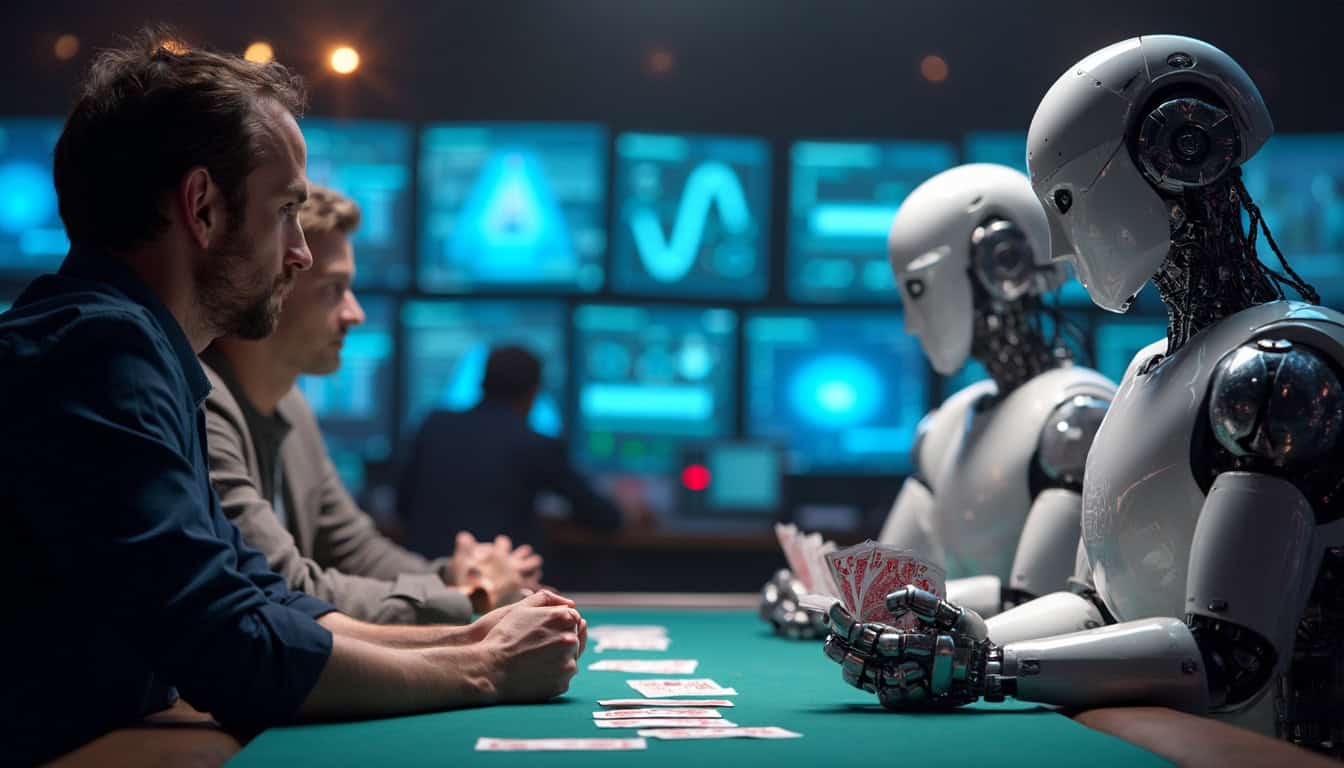
Nowadays, poker AI has become increasingly sophisticated, and new dynamics lie in the relationship between man and the machine. While bots like Pluribus and DeepStack outshine their human peers in pure strategic capacity, there’s one area humans still have over them: emotions. But perhaps the next frontier for poker AI algorithms will be the addition of emotional intelligence to make them capable of reading, and then mimicking, human emotions at the tables.
Already, research into poker bots is used in training top professionals in their field. Players practice complex situations using poker AI software and even work on high-level strategies. Some of them even use AIs as assistants by scanning hands, the manual analysis of which would take weeks. As a matter of fact, let me remind you: the more skilled poker AI strategies become, the more experienced human players will have to continue raising the bar to not be left behind.
Ethics and Dilemmas-Fair Play in the Age of Poker AI
Where poker AI tools continue to grow, so too do the ethical concerns that accompany them. Online poker websites now have to address how they ensure that the integrity of the games stays intact whenever invisible and tireless poker bots enter into the fold. How would you be sure of getting fair play against a machine specifically designed to win? This has raised a raft of fears that human card players might abandon virtual tables dominated by poker AI algorithms. Another moral debate overflows into other areas: whereas poker AI strategies are improving rapidly, deployment into sectors such as financial markets might mean disastrous consequences in cases of those AI agents making a wrong move.
What Is the Future of Poker AI?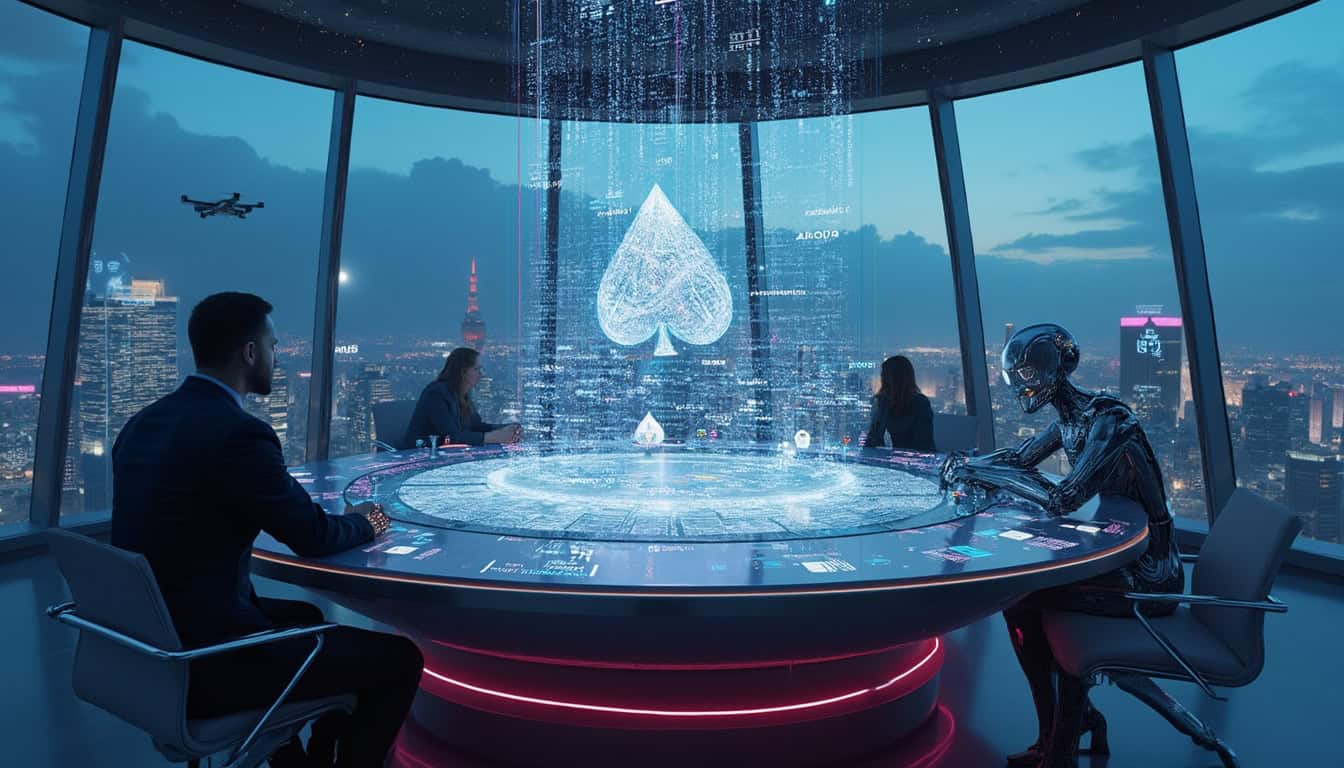
The future for AI poker is both exciting and precarious. Poker AI research keeps going to further advanced, and with the explanation ability of AI nowadays, it allows systems to expose their behind-the-scenes logic for their decisions. This has been a real game-changer for poker education, whereby insight is brought about into high-level strategies that AIs are currently employing. Another step beyond poker, a much bigger picture of the generalized Game-Playing AI allows the lessons learned to spill over into military strategy, political simulations, and business negotiations. Still, poker AI could soon be helping players beat not just the odds but redefine them altogether.


